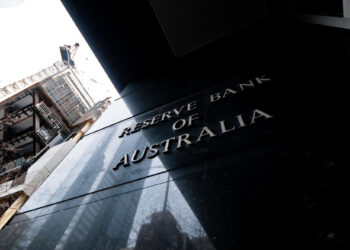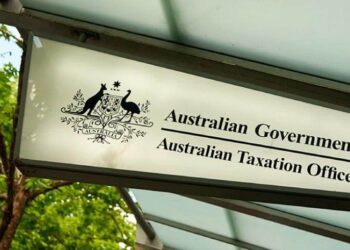The Federal Government is undertaking an extraordinary intervention in the free market via its Your Future, Your Super legislation by seeking to dictate what is and is not appropriate expenditure by a superannuation fund, according to leading plaintiff law firm, Maurice Blackburn.
What is more, the law firm has described the legislation as moving into the area of “undemocratic over-reach” and of reversing the evidential burden of proof.
In a submission filed with the Senate Economics Legislation Committee’s review of Your Future, You Super legislation, the law firm said it saw the measure “as an unprecedented example of government over-reach”.
“With the ‘certain payments’ being documented in regulations, the government of the day has free reign to decide (or to change their previous decisions about) what is and what is not acceptable expenditure for these Australian businesses,” Maurice Blackburn said.
“Importantly, these decisions can be made without parliamentary scrutiny,” it said while pointing to the importance of Parliamentary oversight of the decisions taken by ministers.
“Parliamentary scrutiny has led to the removal of some significant unintended consequences from superannuation related legislation in the past, such as attempts to remove insurances from young people in high risk occupations,” it said.
“The proposed provisions, as they are currently written, invest significant power in the executive and the relevant Minister, and exclude the Parliament. If the Committee recommends that the Bill be passed, it is accepting this undemocratic over-reach as appropriate,” the Maurice Blackburn submission said.
“As legal practitioners, we find this reversal of the burden of proof to be extraordinary. Surely if a regulating body wishes to deem certain expenditure as outside the members’ best financial interest, it is up to that body to demonstrate how and why.”
The Maurice Blackburn submission said the legislation meant the “government can unilaterally decide what is and what is not an appropriate investment strategy for a superannuation fund”.
“Given that once again this is written into regulations, the government may decide at a whim what they decide to be appropriate and inappropriate investment decisions,” it said. “We are unable to identify any other example of a law which gives the government the power to override corporate investment decisions.”




